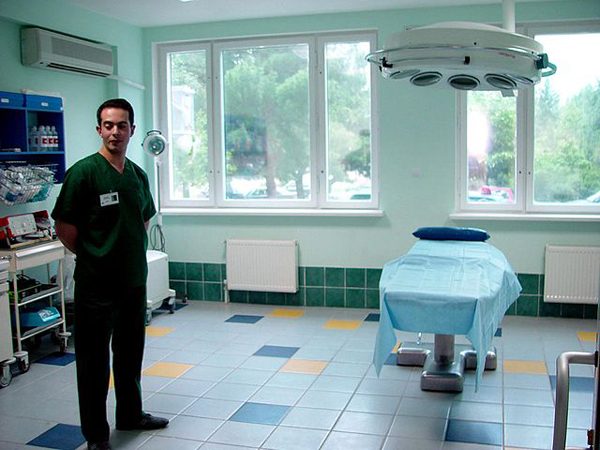- La Feria Community Holds Succesful Business Mixer Event
- Little Nashville to Take Place in Downtown Mercedes
- Lions Basketball Captures District Gold
- La Feria ISD Students Compete in Regional Chess Tournament
- Lions End First Half of 32-4A on a High Note
- La Feria ISD Held Another Successful Parent Conference
- Strong Appearance for Lions at Hidalgo Power Meet
- LFECHS Students Get to Meet Local Actress
- Students Participate in Marine Biology Camp
- Two LFECHS Students Qualify for All-State Band
Next Up, Expanding Health Coverage in Texas
- Updated: July 17, 2015
by Eric Galatas/TNS
AUSTIN, Texas – In the wake of the latest U.S. Supreme Court ruling upholding the Affordable Care Act, Texas health advocates are working to close the health care coverage gap for the state’s 1.5 million uninsured adults.
Anne Dunkelberg, associate director with the Center for Public Policy Priorities, says working families are paying the price for the state’s decision not to expand Medicaid coverage.
She says a family of four earning $25,000 a year, considered above the poverty line, can pay as little as $45 a month for coverage with federal subsidies.
“But their next-door neighbors who are making $1,500 a year less? For those parents there’s no Medicaid for them. They can’t get subsidies in the marketplace,” says Dunkelberg. “They have to pay full price if they want insurance, which would be around $450 a month.”

Texas’ refusal to accept federal funds to expand Medicaid leaves 1.5 million uninsured Texans in a coverage gap. A statewide coalition says it hasn’t given up on convincing Gov. Abbott to change that through a waiver plan. Photo: Wikimedia Commons.
Dunkelberg’s group, and others, are organizing to convince Governor Abbott to embrace a waiver plan to bridge the coverage gap.
She says they’ve lined up a broad coalition of business, faith and consumer groups, launched a petition campaign, and will testify at meetings throughout July held by the Texas Health and Human Services Commission.
States that don’t like the idea of expanding Medicaid coverage as prescribed by Obamacare can apply for a waiver and still receive federal support. Dunkelberg says there’s a good economic argument for Texas to follow the lead of so-called “red states,” like Arkansas, that opted for a conservative waiver.
“The flexibility is there to do an alternative,” she says. “That will bring in between $6 billion and $10 billion a year for Texas in new federal health-care spending, and create somewhere between 200,000 and 300,000 jobs.”
Dunkelberg notes Texas is one of 21 states in the nation refusing to expand Medicaid eligibility. She says as a result, more than four million residents of those states remain uninsured.


